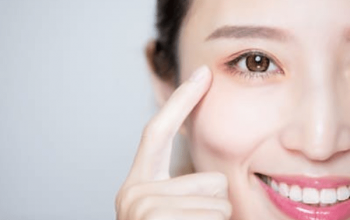How to Minimize Hair Loss and Damage during Menopause

At menopause, the production of estrogen and progesterone hormones declines. The sudden hormonal changes often lead to hair loss, thinning, and breakages. On average, we lose around 150 hairs daily to facilitate new hair growth. At menopause, hair breakages occur somewhere along the strands leading to thinner hair.
Other factors are known to affect hair loss at menopause. Such include high-stress levels, nutrient deficient diet or a genetic condition.
Use these tips from Danie’s Beauty Salon to minimize hair breakages, thinning and loss at menopause.
Eat Healthy Foods
Eat a balanced diet that’s full of minerals, vitamins and low in saturated fats.
Eat plenty of these to encourage healthy hair growth.
Amino and omega three fatty acids: Present in seeds, beans, nuts, soy products, poultry, and other meats.
Proteins and Iron: present in whole grains, chicken, eggs, lentils, red meat, kale, cheese, yogurt and spinach.
Vitamin A and C: present in carrots and dark green vegetables.
Also, eat lots of fruits.
Eat Mineral Supplements
No matter how you try, you’ll never get all the vitamins and minerals from the food you eat. Use mineral supplements to get any nutrient you didn’t get from your meal.
Herbal supplements like green tea help reduce the loss of hair. Biotin, zinc and flax oil helps stimulate hair growth.
Exercise Regularly
Exercises help keep your moods, weight, and sleep in check. All these help in attaining a hormonal balance effectively promoting hair growth. The good thing, you can exercise with your friend or spouse.
For more details or if some of this is confusing, just ask your hairdresser the next time you visit a Beauty Salon in Glendale, CA.


